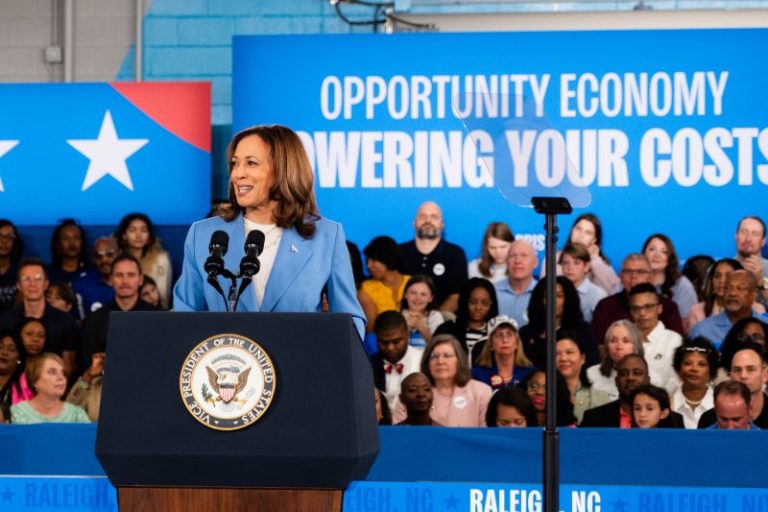In a recent interview, Vice President Kamala Harris highlighted the urgent need for more homes in America. This call for action stems from a recognition that housing plays a vital role in shaping communities and individuals’ lives. While her statement may seem straightforward, the implications of addressing the housing crisis go far beyond mere construction projects. Let’s delve into why Harris’s focus on expanding housing options is crucial and how it could signal a more holistic approach to social and economic issues.
1. **Housing as a Foundation for Well-being**:
Housing is not just about shelter; it is a cornerstone of stability and well-being. Adequate housing provides a sense of security, fosters community connections, and supports physical and mental health. By advocating for more homes, Harris is acknowledging that stable housing is essential for individuals and families to thrive. Access to safe and affordable housing can lift people out of poverty, improve educational outcomes for children, and reduce disparities in health and well-being.
2. **Economic Stimulus and Job Creation**:
Investing in housing infrastructure is a powerful economic stimulant. Construction projects create jobs, generate tax revenue, and boost local economies. By ramping up housing production, Harris aims to not only address the immediate housing shortage but also stimulate economic growth in communities across the country. Moreover, increasing housing supply can help curb rising home prices and rental costs, making housing more accessible to a broader range of individuals and families.
3. **Environmental Sustainability and Urban Planning**:
The push for more homes also intersects with broader environmental and urban planning goals. Sustainable and well-planned housing developments can promote energy efficiency, reduce carbon emissions, and enhance resilience to climate change. By prioritizing urban revitalization and transit-oriented developments, policymakers can create more walkable, environmentally friendly communities that prioritize public health and sustainability. Harris’s emphasis on expanding housing options aligns with a vision of smart, sustainable growth that benefits both people and the planet.
4. **Equity and Social Justice**:
Housing plays a critical role in perpetuating or addressing social inequities. Historically, discriminatory housing practices have led to segregation, unequal access to opportunities, and wealth disparities along racial and socioeconomic lines. By advocating for more diverse and inclusive housing options, Harris is signaling a commitment to addressing systemic injustices and creating more equitable communities. Ensuring that everyone has access to quality housing is a fundamental step toward building a more just society where all individuals can thrive and prosper.
In conclusion, Vice President Kamala Harris’s call for more homes in America goes beyond addressing a mere housing shortage; it encapsulates a multifaceted approach to fostering community well-being, economic prosperity, environmental sustainability, and social justice. By recognizing the pivotal role that housing plays in shaping our lives and communities, policymakers can embark on a path toward a more resilient, inclusive, and prosperous future for all.



